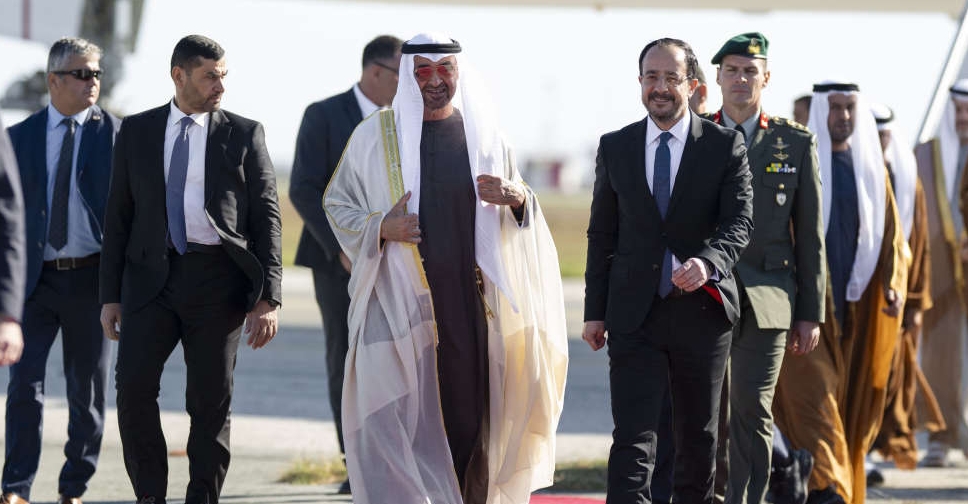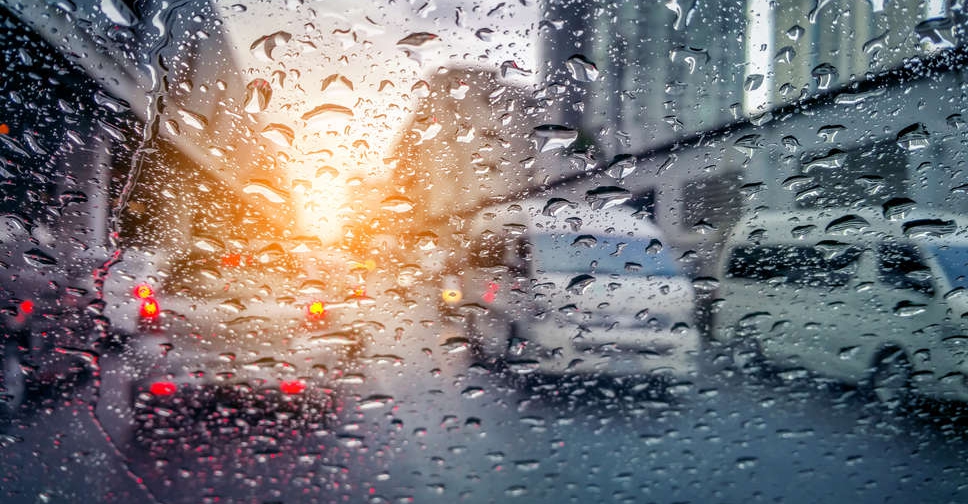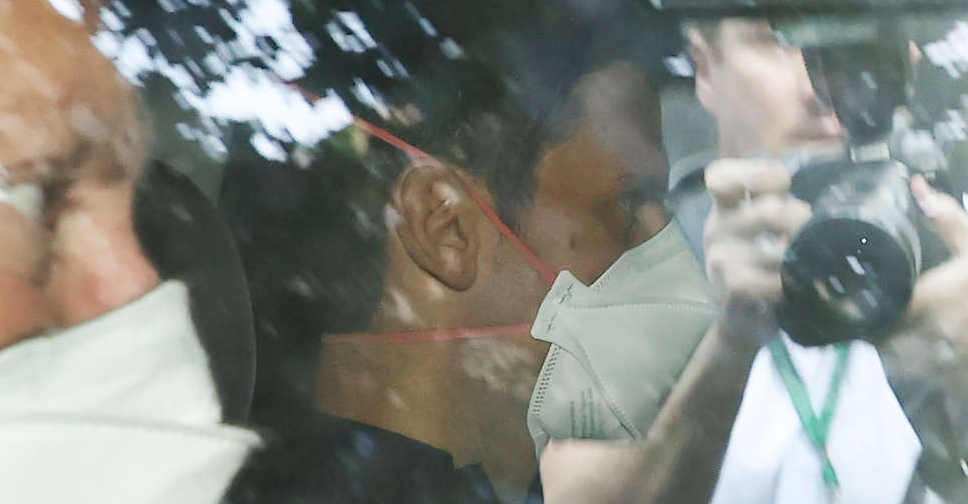
Novak Djokovic was set to be deported from Australia after a court on Sunday dismissed his appeal against the government's cancellation of his Australian visa on the grounds that his decision not to be vaccinated posed a risk to the country.
Djokovic had appealed Immigration Minister Alex Hawke's use of discretionary powers to cancel his visa on the grounds that he was a threat to public order because his presence would encourage anti-vaccination sentiment amidst Australia's worst outbreak of the virus.
Chief Justice James Allsop said the Federal Court ruling was based on the lawfulness and legality of the minister's decision in the context of the three grounds of appeal Djokovic's team lodged.
"It is no part of the function of the court to decide upon the merits or wisdom of the decision," Allsop said, adding the decision was unanimous among the three judges. Full reasoning behind the decision would be released in coming days, he said.
It was not immediately clear when the government would seek to remove Djokovic.
The verdict brings to a climax a rollercoaster 10 days during the world's top tennis player was detained by immigration authorities, released and then detained again ahead of a tournament that starts on Monday.
The Serbian champion was escorted to his lawyers office by immigration officials to attend the virtual court hearing on Sunday morning, having spent Saturday night back in an immigration detention hotel.
Djokovic had been granted a visa to enter Australia, with a COVID-19 infection on December 16 providing the basis a medical exemption from Australia's vaccination requirements to play in the Open. The exemption was organised through Tennis Australia.
That exemption prompted widespread anger in Australia, which has undergone some the world's toughest COVID-19 lockdowns and where more than 90 per cen of adults are vaccinated, and the government said recent infection alone did not meet its standards for an exemption.
Dominating headlines globally for more than a week, the Djokovic visa saga has fuelled the fierce debate over the rights of those who opt to remain unvaccinated as governments take stronger measures to protect their people from the pandemic.




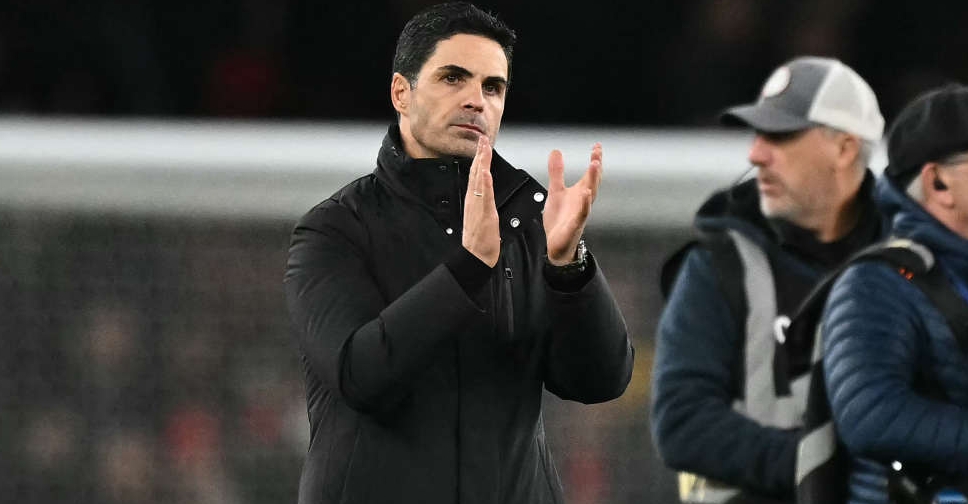 Arsenal must improve defensively despite win over Wolves, says Arteta
Arsenal must improve defensively despite win over Wolves, says Arteta
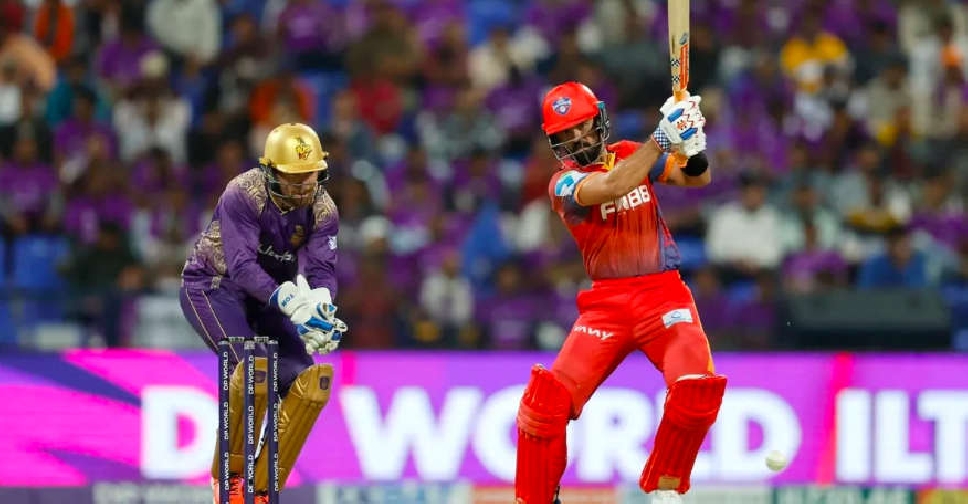 Dubai Capitals secures thrilling nine-run victory over Abu Dhabi Knight Riders
Dubai Capitals secures thrilling nine-run victory over Abu Dhabi Knight Riders
 Dominant pitching leads Mid East to series saving win over Mumbai
Dominant pitching leads Mid East to series saving win over Mumbai
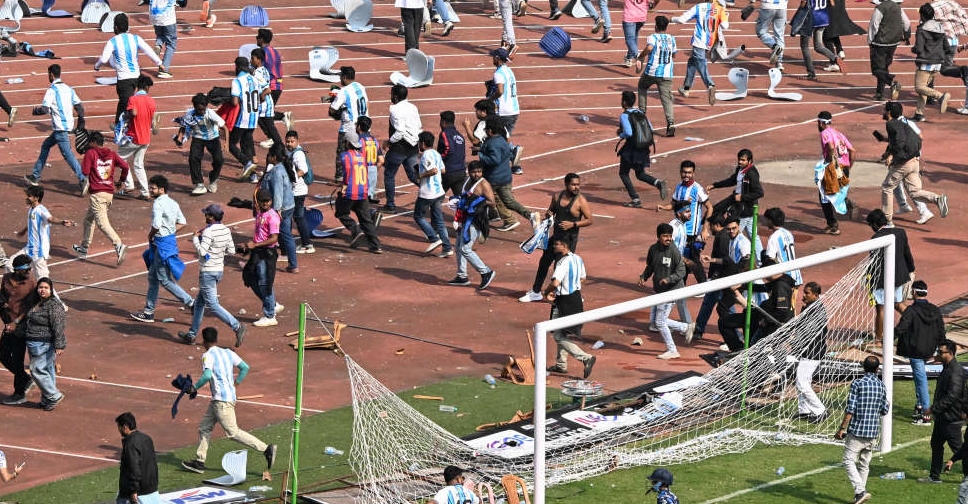 Police detain organiser of Messi visit after Indian fans rip up seats
Police detain organiser of Messi visit after Indian fans rip up seats
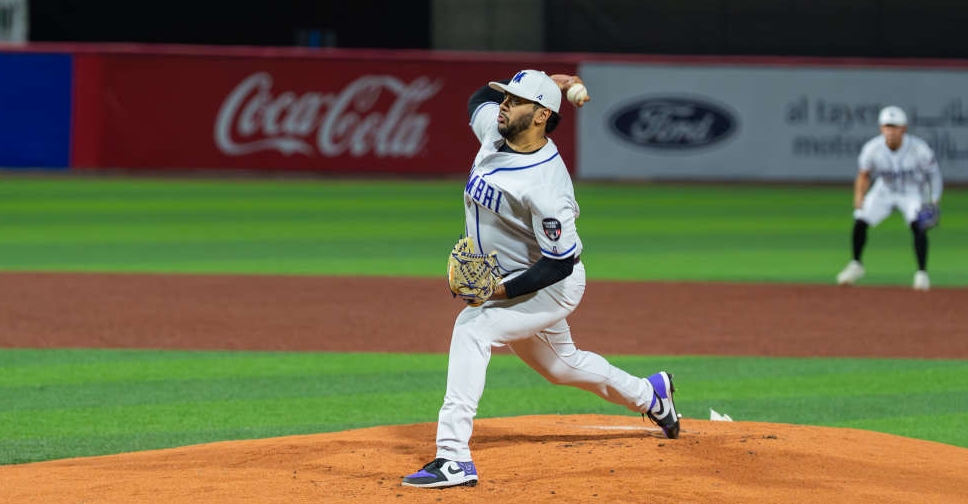 Patel dominates as Mumbai take Game 1 of United Series
Patel dominates as Mumbai take Game 1 of United Series
